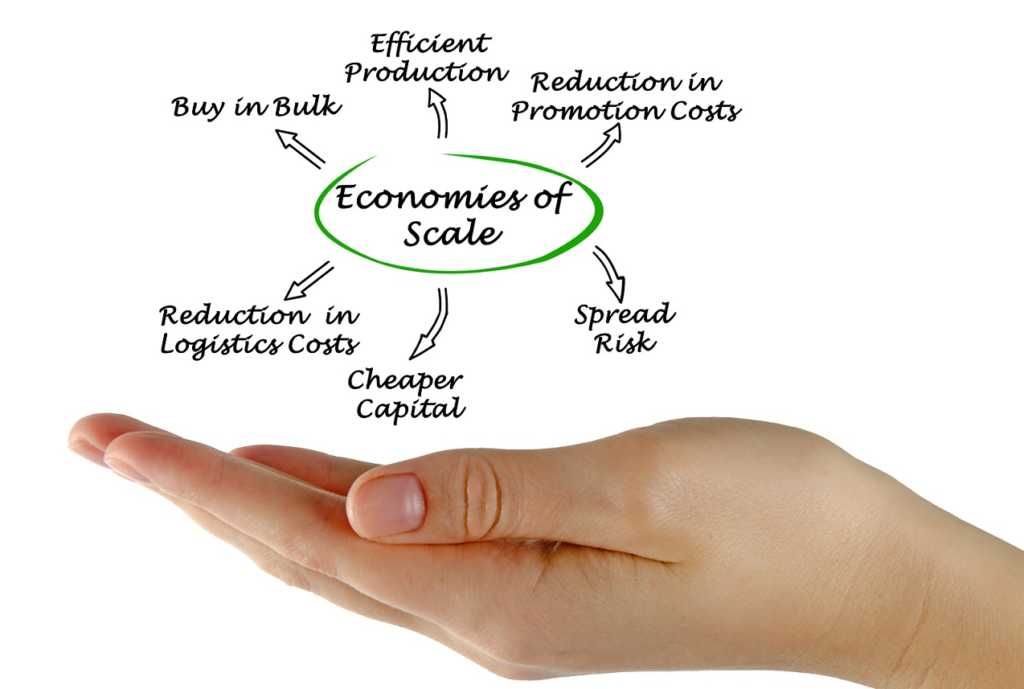Introduction
In the field of economics, the concept of factors of production plays a crucial role in understanding how goods and services are produced in an economy. These factors are the key components that contribute to the production process and encompass various elements necessary to generate economic output. However, it’s important to identify which of the following is not a factor of production to gain a comprehensive understanding. In this article, we will delve into the factors of production, discuss their significance, and clarify the factor that does not fall within this framework.
Factors of Production: An Overview
Factors of production refer to the resources utilized in the production process to create goods and services. Economists typically classify these factors into four main categories:
- Land: Land encompasses all natural resources used in the production process, such as forests, minerals, water, and agricultural land. It serves as the foundation for economic activities and provides the necessary raw materials.
- Labor: Labor represents the physical and mental efforts contributed by individuals involved in the production process. This includes the skills, knowledge, and abilities of workers, as well as their time and effort dedicated to the production of goods and services.
- Capital: Capital refers to the man-made resources utilized in the production process. It includes machinery, equipment, buildings, tools, and other physical assets that facilitate and enhance production capabilities.
- Entrepreneurship: Entrepreneurship involves the coordination and organization of the other factors of production. Entrepreneurs are responsible for combining land, labor, and capital to create new ventures, take risks, innovate, and make managerial decisions.
Which of the Following is Not a Factor of Production?
Now, let’s address the question at hand: which of the following is not a factor of production? The answer is money. Money serves as a medium of exchange, unit of account, and store of value, but it is not considered a factor of production in the traditional sense. While money plays a crucial role in facilitating transactions and supporting economic activities, it is not directly involved in the production process itself.
Unlike land, labor, capital, and entrepreneurship, money does not contribute to the physical creation or transformation of goods and services. Instead, it serves as a means of exchange, enabling the smooth flow of economic transactions. It acts as a medium through which the factors of production can be acquired and exchanged, but it does not possess intrinsic productive qualities.
To summarize, the factors of production include land, labor, capital, and entrepreneurship, while money is not considered one of the core factors in this framework.
Factors of Production in Detail
Land: The Foundation of Production
Land, as a factor of production, encompasses various natural resources that are essential for economic activities. These resources can be divided into renewable and non-renewable resources. Renewable resources include forests, water bodies, and agricultural land, while non-renewable resources encompass minerals, fossil fuels, and other finite reserves.
The availability and quality of land can significantly impact the productive capabilities of an economy. Access to fertile land for agriculture, for instance, can enhance food production and contribute to economic growth. Similarly, the presence of valuable minerals or oil reserves can drive industrial development and generate revenue.
Labor: Human Efforts in Production
Labor represents the human factor of production and plays a pivotal role in economic activities. It encompasses the physical and mental efforts exerted by individuals to contribute to the production process. The skills, knowledge, and expertise of the workforce significantly influence the overall productivity and efficiency of an economy.
Skilled labor is particularly valuable in modern economies, where specialized knowledge and expertise are required in various sectors. Technological advancements and education contribute to the development of a skilled labor force, enabling higher levels of productivity and innovation.

Capital: Enhancing Production Capabilities
Capital, as a factor of production, refers to the man-made resources used to enhance productivity and facilitate the production process. It includes machinery, equipment, tools, buildings, and infrastructure that contribute to the creation of goods and services.
Investments in capital goods can lead to improved efficiency,Components of Economic higher output, and increased technological advancements. Capital accumulation is a key driver of economic growth, enabling businesses to expand their operations and employ more labor.
Entrepreneurship: Driving Innovation and Growth
Entrepreneurship is a critical factor of production that involves the coordination and organization of the other factors. Entrepreneurs are individuals who take risks, innovate, and make managerial decisions to establish and operate businesses.
Entrepreneurs play a vital role in driving economic growth by identifying opportunities, allocating resources efficiently, and introducing new products or services to the market. Their ability to take calculated risks and innovate contributes to the dynamism and progress of an economy.
FAQs about Factors of Production
1. What are the primary factors of production?
The primary factors of production are land, labor, capital, and entrepreneurship.
2. Is money considered a factor of production?
No, money is not considered a factor of production. It serves as a medium of exchange and facilitates economic transactions but does not directly contribute to the production process.
3. How do factors of production influence economic output?
Factors of production directly impact economic output by providing the necessary resources for the production process. The availability and quality of land, the skills and productivity of labor, the level of capital investment, and entrepreneurial activities all contribute to the overall output of an economy.
4. Can factors of production be combined or substituted?
Yes, factors of production can be combined or substituted depending on the specific requirements of the production process. For example, advancements in technology have enabled automation, reducing the reliance on labor in certain industries.
5. Are factors of production limited in supply?
Yes, factors of production are limited in supply. Land, labor, and capital resources are finite and need to be allocated efficiently to meet the demands of production.
6. How do factors of production contribute to economic growth?
Factors of production, when utilized efficiently, contribute to economic growth by increasing productivity, fostering innovation, and expanding production capabilities. Skilled labor, technological advancements, and entrepreneurial activities are particularly important drivers of economic growth.
Conclusion
Understanding the factors of production is essential for comprehending the dynamics of economic output. Land, labor, capital, and entrepreneurship collectively contribute to the creation of goods and services in an economy. While money serves as a crucial medium of exchange, it is not considered a factor of production. By recognizing the role of each factor and their interplay, policymakers and economists can make informed decisions to foster economic development and prosperity.









